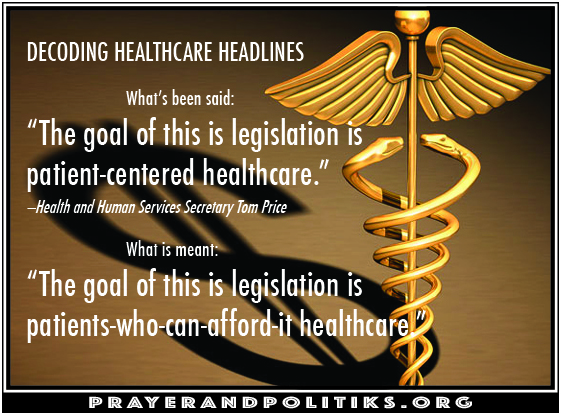by Ken Sehested
¶ Connecting the dots—or, as we now say, intersectionality. “But when, exactly, did the post-civil rights era begin? Arguably it was fifty years ago today when in a speech [‘Beyond Vietnam: A Time to Break the Silence,’ aka ‘Declaration of Independence From the War in Vietnam’] at Harlem’s Riverside Church Martin Luther King Jr. definitively broke ranks with the liberals he once considered allies. . . .
“The very liberals who supported and signed civil rights legislation while waging war in Vietnam would wind up in the years ahead being the chief promulgators of new laws that criminalized the daily lives of the urban poor and authorized the militarization of municipal police forces. The 1968 Safe Streets Act, signed by Johnson, poured hundreds of millions of dollars into building up law enforcement and the criminal justice apparatus—astronomically more than was ever spent on the same president’s anti-poverty programs. This legislation would lead to a slew of other law-and-order policies that together helped lead us into the age of mass incarceration.” —Eric Tang, “‘A Society Gone Mad on War’: The Enduring Importance of Martin Luther King’s Riverside Speech,” The Nation
¶ Can’t turn back now. “At first blush it may seem counterintuitive to elevate [the ‘Beyond Vietnam’] speech above the watershed ‘I Have a Dream’ speech delivered four years earlier, or the "[I Have Been to the] Mountaintop’ speech he would give on the eve of his death. But if King's address at the March on Washington for Jobs and Freedom made him into an American icon, his Riverside Church speech announced him as a genuine prophet for social justice, one who willingly sacrificed his hard-won status to defy an empire.” —Peniel Joseph, “This speech made Martin Luther King Jr. revolutionary,” CNN
Read more ›


 insurance but others (the ones in small print about “out-of-network” exceptions) were not.
insurance but others (the ones in small print about “out-of-network” exceptions) were not.